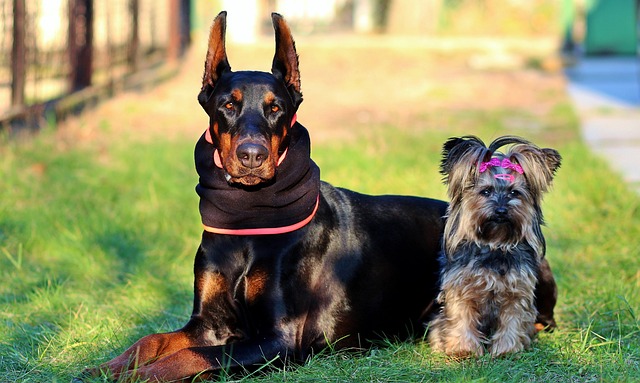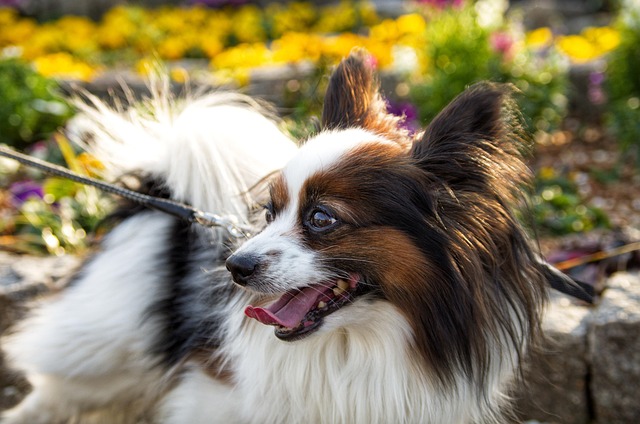
Why can't German Shepherds eat chicken
If you’ve heard “German Shepherds can’t eat chicken” from a fellow dog owner, you might be avoiding perfectly good food for your pup unnecessarily.
Watching your dog gray around the muzzle and slow down a little can tug at the heart, but aging doesn’t mean losing that spark. Knowing if your senior dog is healthy isn’t about checking off a list—it’s about noticing the small, everyday signs that let you know they’re still thriving. Those little things, like how they greet you at the door or how much they clean themselves, can tell you more than any number on a chart.
Start with their appetite. A healthy senior dog might not scarf down food like they did as a pup, but they should still show interest in mealtime. Skipping more than a meal or two, or suddenly begging for everything in sight, could signal something’s off—maybe dental pain, digestion issues, or even changes in their sense of smell. Keep an eye on their water intake too; drinking way more or less than usual is worth mentioning to the vet. And don’t forget their weight—seniors can lose muscle mass, but sudden drops or gains often mean a check-up is needed.
Mobility tells a story too. Stiffness in the morning that eases up with a slow walk is normal, but struggling to stand, limping that doesn’t go away, or avoiding stairs they used to climb? That’s a sign to pay attention to. Joint supplements might help, but it’s best to rule out arthritis or other conditions first. Their coat and skin matter too—dry, flaky skin or a dull coat could point to nutrient gaps, while lumps or bumps that pop up overnight need a vet’s touch. Grooming sessions are the perfect time to do a gentle check; they’ll love the attention, and you’ll catch things early.
 Behavior changes are just as important as physical ones. A once-social dog who suddenly hides might be in pain, while restlessness at night could mean discomfort or confusion. Senior dogs can experience cognitive changes, so noticing if they get lost in familiar places or forget house training habits is key. These aren’t just “old age” quirks—they’re ways your dog is trying to tell you something. Keeping a note of these shifts to share with your vet helps paint a clearer picture of their health.
Behavior changes are just as important as physical ones. A once-social dog who suddenly hides might be in pain, while restlessness at night could mean discomfort or confusion. Senior dogs can experience cognitive changes, so noticing if they get lost in familiar places or forget house training habits is key. These aren’t just “old age” quirks—they’re ways your dog is trying to tell you something. Keeping a note of these shifts to share with your vet helps paint a clearer picture of their health.
Regular vet visits become even more crucial as they age, but not just for the usual exams. Many vets recommend more frequent check-ups—twice a year for seniors—to catch issues like kidney or heart problems before they worsen. Blood work and urine tests can spot changes you can’t see, which is why staying on top of these appointments is part of responsible pet care. Some areas even have programs to help seniors (both human and canine) get the care they need, so don’t hesitate to ask your vet about resources if cost is a concern.
At the end of the day, trust your gut. You know your dog better than anyone. If something feels “off,” even if you can’t put your finger on it, it’s worth a call to the vet. A healthy senior dog still has that glint in their eye, that eagerness for a short walk or a cuddle on the couch. They might move slower, but their love for life—and for you—shines through. Nurturing that health means adapting to their needs, celebrating the small wins, and being there for them just like they’ve been there for you. After all, those golden years are about quality, not quantity—and keeping them healthy lets you make the most of every moment together.

If you’ve heard “German Shepherds can’t eat chicken” from a fellow dog owner, you might be avoiding perfectly good food for your pup unnecessarily.

Standing in the pet food aisle staring at shelves of wet and dry options for your new German Shepherd can feel overwhelming.

If you’ve spent hours Googling why your dog won’t stop scratching their ears or licking their paws, you’ve probably encountered endless mentions of “grain allergies” or “chicken allergies.”

You might’ve spotted nutritional yeast in your pantry—often used to add a cheesy flavor to plant-based meals—and wondered if you can share a sprinkle with your pup.

You’ve just noticed your golden retriever, Bailey, limping slightly after a day at the local dog park. As a new pet parent in the U.S.,

If you’re daydreaming about bringing home a standard poodle, one of the first questions popping up is probably how much space they’ll take up—both on your couch and in your life.